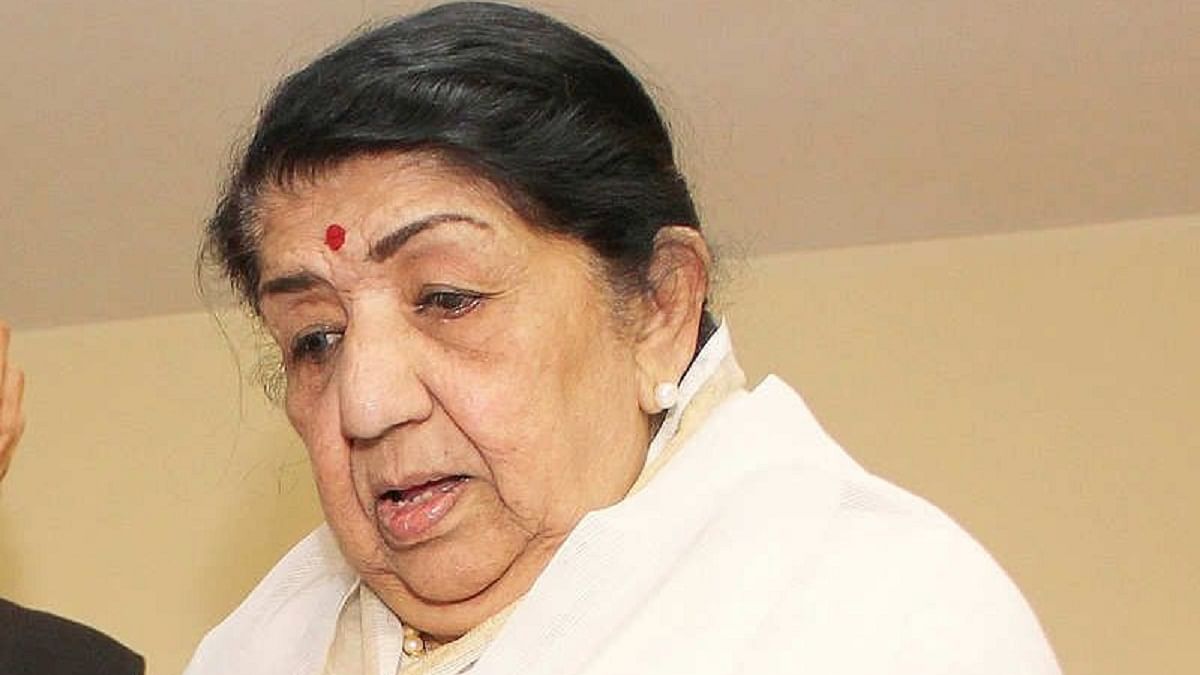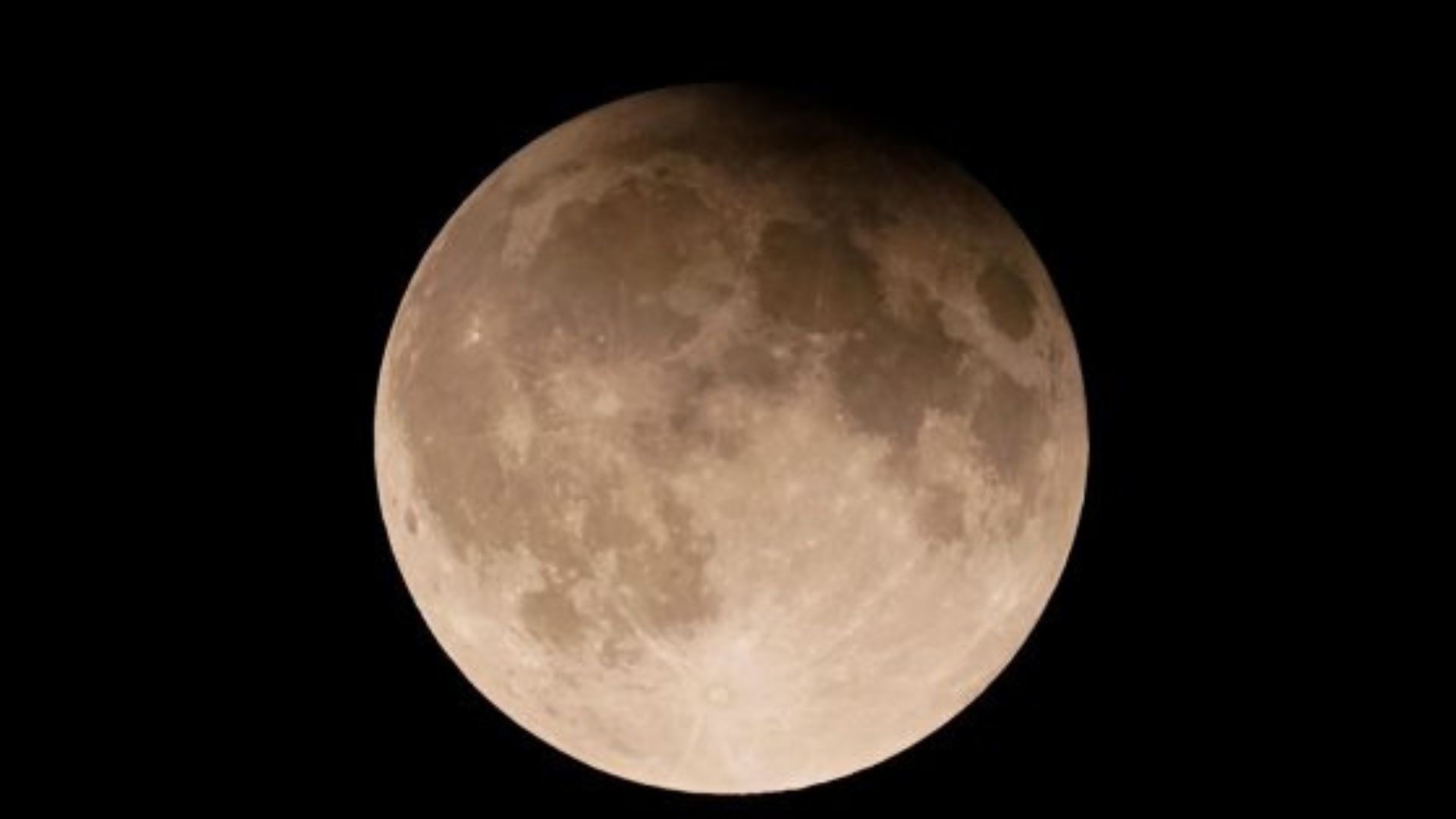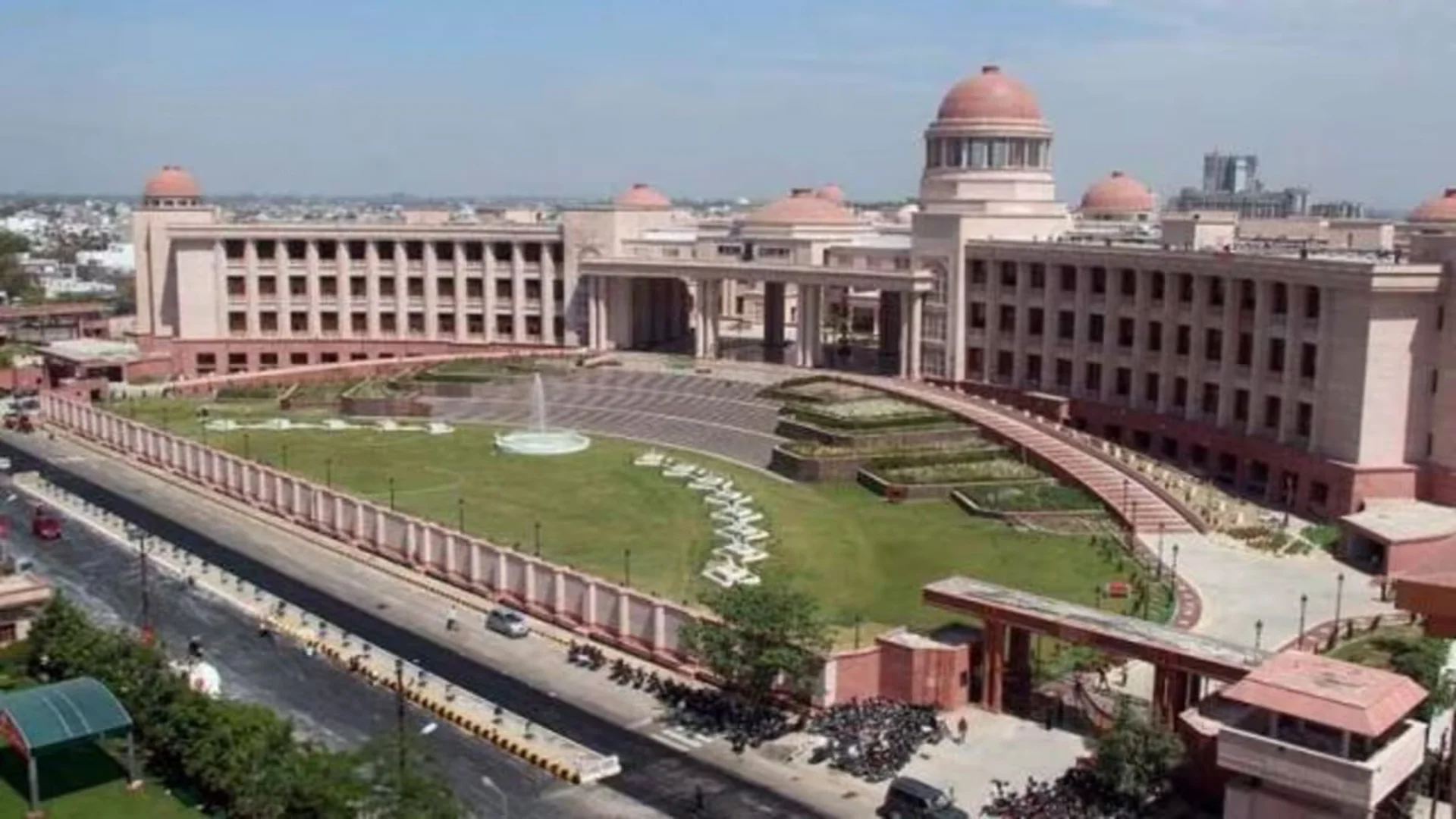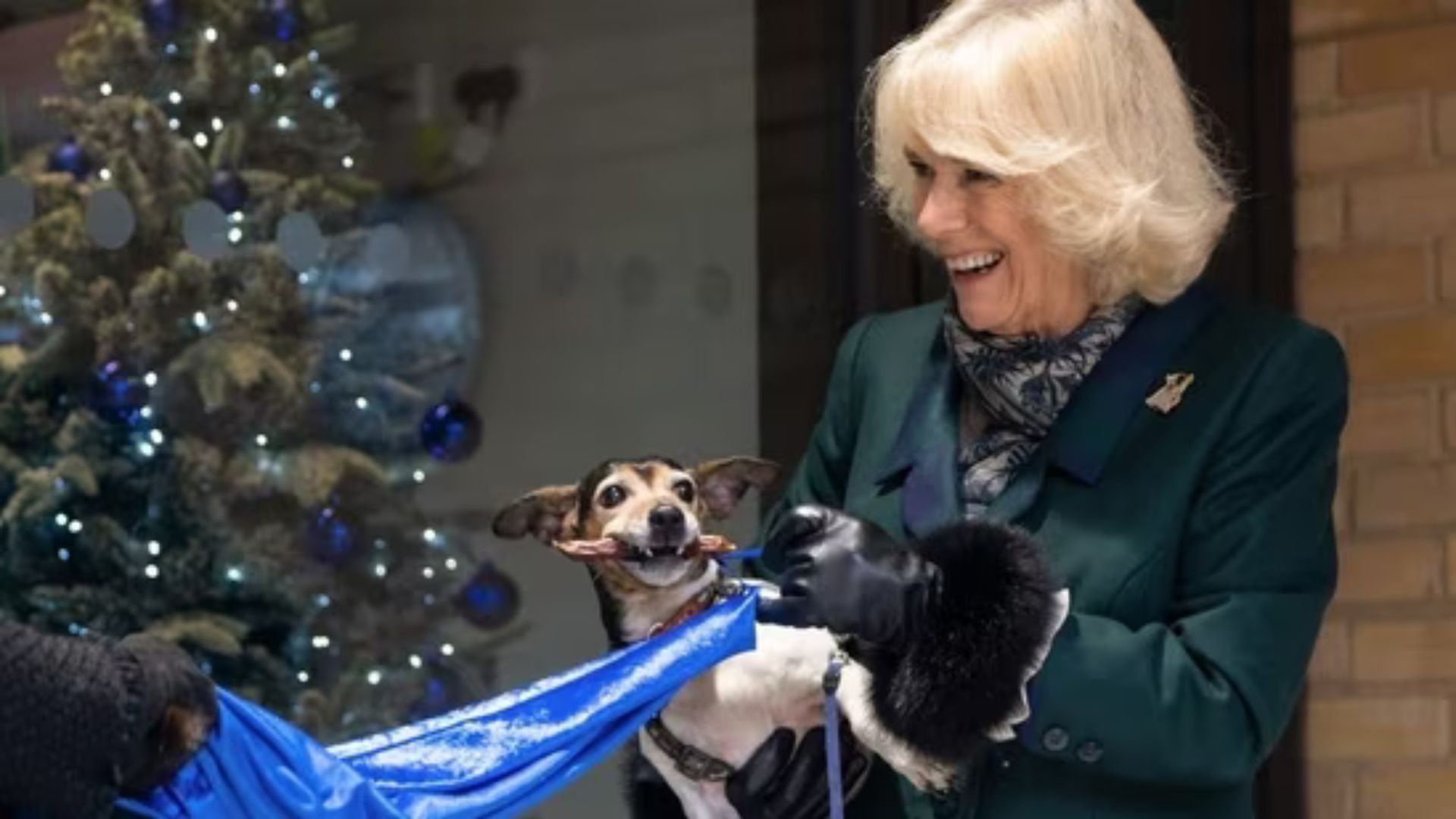
Lata Mangeshkar, described as Malikaye Mausiki (Empress of Music), who became a legend in her lifetime passed away, leaving a void that will never be filled. It was, indeed, the end of an era where she dominated the music world for over 70 years, rendering some of the most unforgettable songs composed by the very best and iconic composers—from Ghulam Haider, Pandit Shyam Sunder, Khemchand Parkash, Naushad Ali, S.D. Burman, Shankar Jaikishen, C. Ramachandran, Roshan, Hemant Kumar, Madan Mohan, Ravi, Salil Chaudhury, Sajjad to Laxmikant Pyarelal, Kalyanji Anandji, R.D. Burman, Ravindra Jain, Bappi Lahiri and A.R. Rehman.
She sang over 30,000 songs in 36 different languages and was the voice of almost every top heroine of the silver screen. An ardent cricket fan, she kept track of India’s rise in this sport and shared a special equation with many top players—from B.S. Chandra Shekhar to Sachin Tendulkar. She had a long-standing relationship with former Ranji player and BCCI boss, Raj Singh Dungarpur, a bond which was often referred by her close associates as their personal matter.
Lata outlived all her contemporaries and this became one of the primary reasons why the history of film music has been largely written through her prism, often playing down facts and incidents that were not very complimentary to her. However, even her worst critics conceded that there had been no playback singer like her and along with Mohammad Rafi, who shared the top spot with her, her contribution is invaluable.
There are multiple stories which feature her including the time when in the early 1960s, her differences over royalty payment with Rafi created a major crisis in the film industry. The two refused to sing together and thus music composers used other female singers such as Suman Kalyanpur and Mubarak Begum in her place for duets sung by Rafi. Thankfully, things normalized between both of them and the two started, once again, singing together.
In her initial years, Lata lived in the shadow of Noor Jahan; many of her earlier songs were stylistically similar to those of the noted singer-actress, who left for Pakistan following the Partition. Ghulam Haider was
most impressed by the artiste and gave her a major break in “Majboor”. Pandit Shyam Sunder used her melodious voice for his quintessential song, “Baharein Phir bhi Aaayengi” from the film, “Lahore” which Lata sang in the Noor Jahan style.
However, this gifted singer carved out her own niche when she sang, “Uthaye Ja Unke Sitam” from “Andaaz” under the baton of Naushad and soon with Shankar-Jaikishen’s debut film, “Barsaat” for Raj Kapoor, her onward journey commenced with “Jiya Bekrar Hai” and “Hawa Mein Udta Jai”. Then came Khemchand Prakash’s “Mahal” and her song, “Aayega Aaanewala” became an all-time hit.
Lata had arrived and excelled in every song and in Raj Kapoor films where she lent her voice for Nargis to begin with, she was incomparable. The result was “Raja ki aayegi baraat”, “Ghar aaya mera pardesi”, “Jab se balam ghar aaye” and numerous other hits.
She excelled in duets with almost all male playback singers—from Talat Mehmood, Rafi, Mukesh, Hemant Kumar, Manna Dey, Kishore Kumar to Shalendra Singh, Amit Kumar, Shabbir Kumar and various other upcoming singers.
There were numerous stories that did the rounds regarding her romantic involvement with music composers of her time. Her unsubstantiated relationship with Husnlal (of the Husnlal Bhagatram duo), C. Ramchandran and Jaikishen were spoken about but never confirmed by either her or any of those she was reportedly involved with.
Every leading music director needed her voice to infuse the extra touch in their songs. However, O.P. Nayyar, who rose to become one of the most popular composers of his time, never used her, but relied on her sister, Asha Bhonsle, Geeta Dutt and Shamshad Begum for his music. He explained in an interview that she was an exceptional singer, but her voice did not suit his compositions so thus he never had her sing for him.
There are innumerable songs which can be recollected while remembering Lata and for every music maestro, she had the utmost to offer. For Naushad, “Pyar kiya to darna kya”, Ghulam Mohammad, “Inhi logon ne”, Shankar Jaikishen, “Ajeeb Dastaan hai yeh”, Roshan, “Zindgi bhar nahin bhoole gi barsaat ki raat”, Madan Mohan, “Aap ki nazron ne samjha”, Sajjad, “Ay Dilruba”, Salil Chowdhury, “Ja re ud ja re panchi”, S.D. Burman, “Kanto se kheench ke yeh aanchal”, C. Ramchandran, “Yeh zindagi usiki hai”, Vasant Desai, “Ae Malik tere bande hum”, Hemant Kumar, “Kahin deep jale kahin dil”, Laxmikant Pyarelal, “Aakyinon ko rehane de”, R.D. Burman, “Tere bina zindagi me koi shikwa bhi nahin”, Kalyanji Anandji, “Babul pyare”, Ravindra Jain, “Sun sahiba sun” and so on.
Lata regarded Madan Mohan as a composer she looked forward to singing for. When 30 years after his death, some of his compositions were recreated by his son for Yash Chopra’s “Veer Zara”, it was Lata who sang them. While Lata was the favourite of most music directors, her own all-time favourites were Shankar Jaikishen. In an HMV video made on her songs, nearly three decades ago, she while talking about her composers singled out SJ and said that “Unki to baat hi kuch aur thi”.
Lata also fell out with Raj Kapoor, who had always admired her, when she arrived late for the recording of a song for his magnum opus, “Mera Naam Joker”. Shankar Jaikishen then decided to bring in Asha Bhonsle for the film, using Asha as well for their last film, “Kal Aaj Aur Kal” for the RK banner. However, when Raj Kapoor decided to make “Bobby”, he engaged Laxmikant Pyarelal, who made it clear from the very outset that they would provide the music only if Lata would sing for the movie. RK had no choice and he paid a whopping amount to the singer to bring her back on board.
After Jaikishen’s demise in 1971, Shankar too patched up with her and composed some memorable songs for “Sanyasi” which were sung by Lata in her inimitable style.
There is also an anecdote about her and Kishore Kumar. Kishore Kumar would always greet her on her birthday, often sending expensive gifts. However, on his own birthday, he was surprised when he received a return gift from Lata whom he had asked on multiple occasions regarding one song which he had sung and she liked the most. The gift was a cassette of his song, sung by Lata who had sought permission to record it at the HMV studio. Kishore heard this song over and over again. The song was “Yeh jeevan hai, is jeevan ka”.
Lata had a huge fan following and every leading political leader from Jawaharlal Nehru, Indira Gandhi, L.K. Advani to Narendra Modi admired her. Advani stated on Sunday that her Ram Dhun was used by him for his famous Somnath to Ayodhya Rath Yatra in 1990. Prime Minister Narendra Modi flew down to Mumbai for her funeral. He shared a special bond with her and would go to her house to have Gujarati food; Lata’s mother was a Gujarati, while her father, Deenanath Mangeshkar, a famous Maharashtrian composer. Before leaving for the United States in late October last year, PM Modi called her up to wish her for her 92nd birthday. Indira Gandhi invited her to perform at her function to mark her ten years in office in 1976 and Jawaharlal Nehru was in tears when she sang “Ae mere watan ke logo” to pay homage to the Indian soldiers killed in Rezang La battle in Ladakh during the Chinese aggression of early 1960s.
Legends like Lata Mangeshkar never die. She will always live on through her music. She was truly the nightingale of India. Long live Lata.















